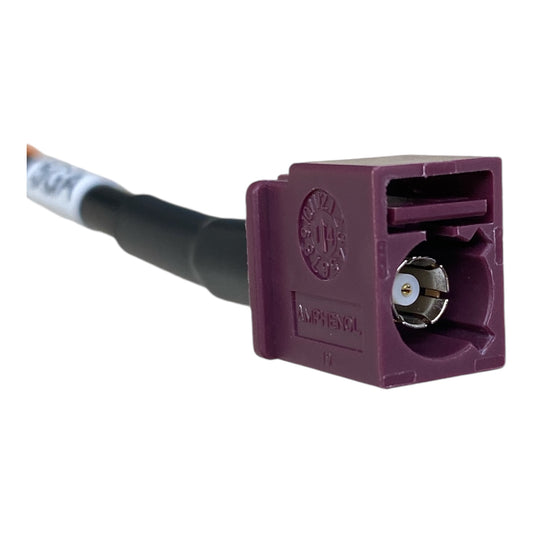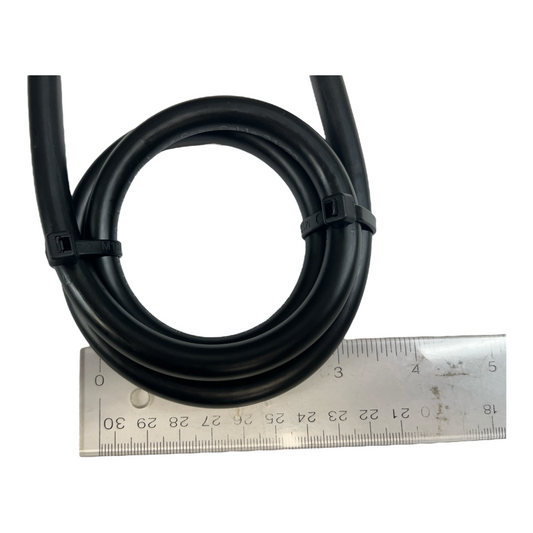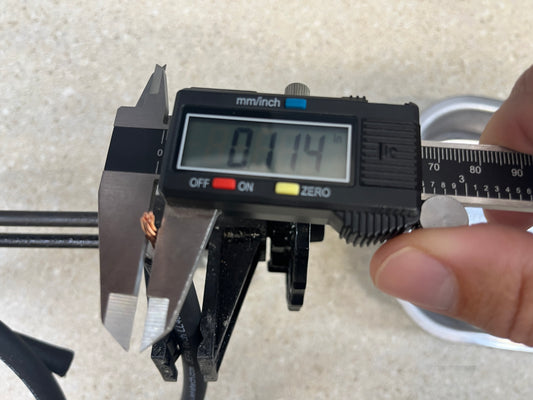There are several things that can cause this. There is overhead processing involved with the repeating that will slow the connection. You didn’t provide actual numbers, but as you get closer to 30 – 40 MBps it will become more pronounced. One way to check if it is a processing overhead issue is to plug directly into the repeater with an Ethernet cable instead of connecting via WiFi. If you get much better speeds when directly connected via an Ethernet cable, then a workaround is to add an additional WiFi router to the repeater by plugging it into the repeater via an Ethernet cable. Then connect your devices to the new router instead of to the repeater. This offloads much of the repeating overhead from the repeater to the other router which will give you much better speeds.
Another possible cause is too many WiFi access points in the area. With your external antenna, you will pick up not only the access point you want, but the “noise” from all of the others which will have the result of causing the connection to be slower. Think of it as being in a crowded room where everyone is talking. The repeater has to pick out a single conversation in the crowd which is difficult and causes a slower than normal connection. A workaround for that issue is to not use the external antenna, assuming you have a strong enough connection without it.



